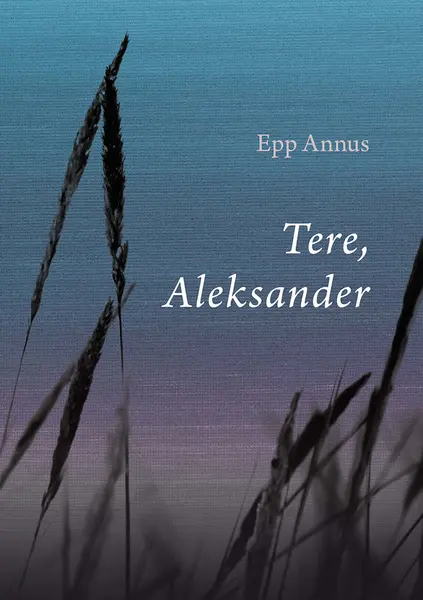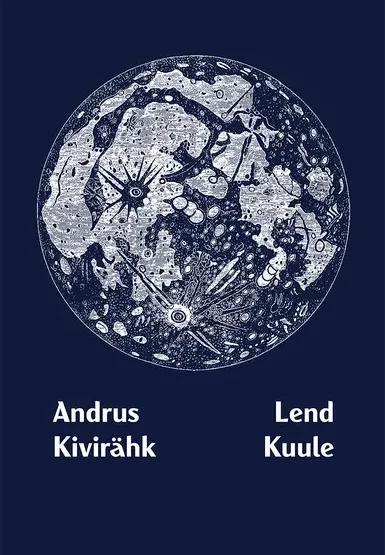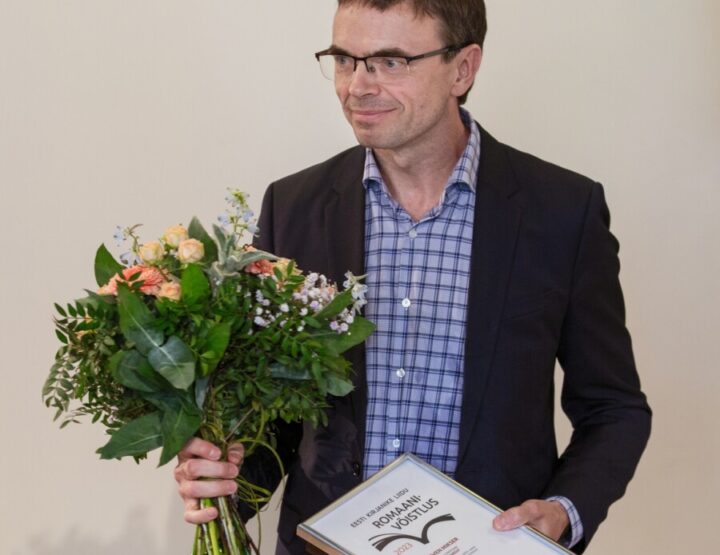Epp Annus’s Greetings, Aleksander is a tale told in an old farmhouse in the middle of a hayfield, among the dull yellow loneliness of grasses that the narrator compares to an inland sea. The storyteller, who alternately occupies a rocking chair or sits in the corner of a sofa, is Old Mama Iia, telling the story to Young Baby Aleksander, her great-grandson.
The narration involves hardly any immediate human interaction beyond Iia’s awareness of the young baby’s tiny body and mind, which has yet to experience everything that the wide world has to offer. The setting is spatially confined to the dim interior of the house, obliquely expanded by the views seen through the window or reflected in a mirror. In contrast, the years across which Iia weaves her tale stretch to cover events from multiple decades, making the overall temporal perspective significantly broader than the immediate duration of the narration. After all, Iia is 95 years old. To reach that age, she has had to live up to the year 2066, which renders the reader’s present and future as her past.
Family chronicles often tend to look back at earlier generations in an attempt to allow the main characters to connect with their roots. Literary visions of the future frequently tend to evoke scenes of ecological or humanitarian disasters and conjure forth disconsolate dystopian landscapes. Greetings, Alexander has opted for an alternative path. A major part of Iia’s story concerns not her ancestors, but her children and their descendants, their hopes for the future, and their growing pains filtered through the lens of her empathetic attention as she conveys the family lore to an audience for whom it is relevant, although he is much too young to take it in.
Iia’s personal reminiscences intermingle with scholarly cultural references and are occasionally interrupted by an AI personal assistant that manifests on a screen to dispense nuggets of information or advice. Alongside this marker of the genre of speculative fiction are sketches of developments that have been leading to the predominance of a sustainable eco-friendly lifestyle, community-based social relations, and a mutually supportive economy led by environmental attitudes.
Thus, Greetings, Aleksander unfolds as an unexpectedly serene depiction of a not-yet-manifested future, the possible seeds of which the author has managed to detect in our own uneasy and troubled times despite the competing scenarios of doom.
Epp Annus
Tere, Aleksander
Greetings, Aleksander
EKSA,2021, 230 pp.
ISBN 9789949684953





